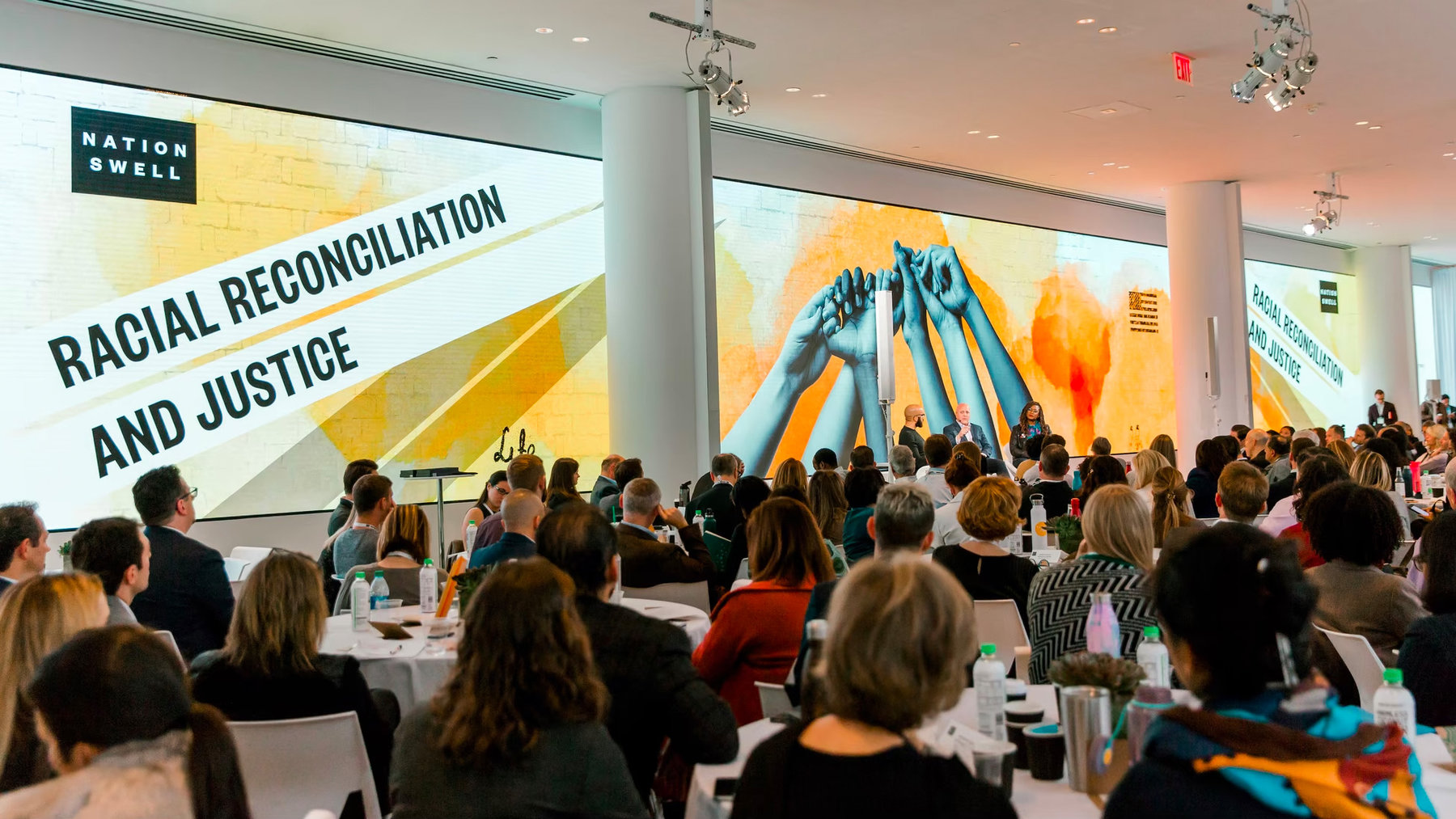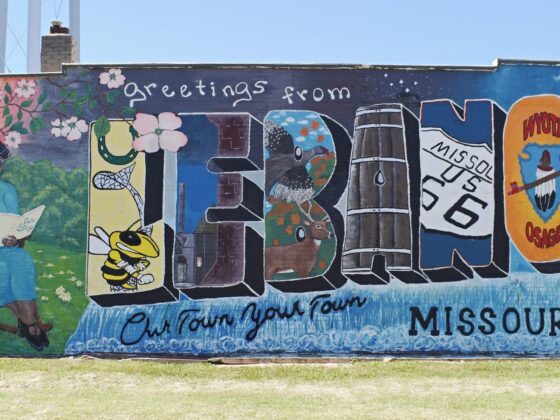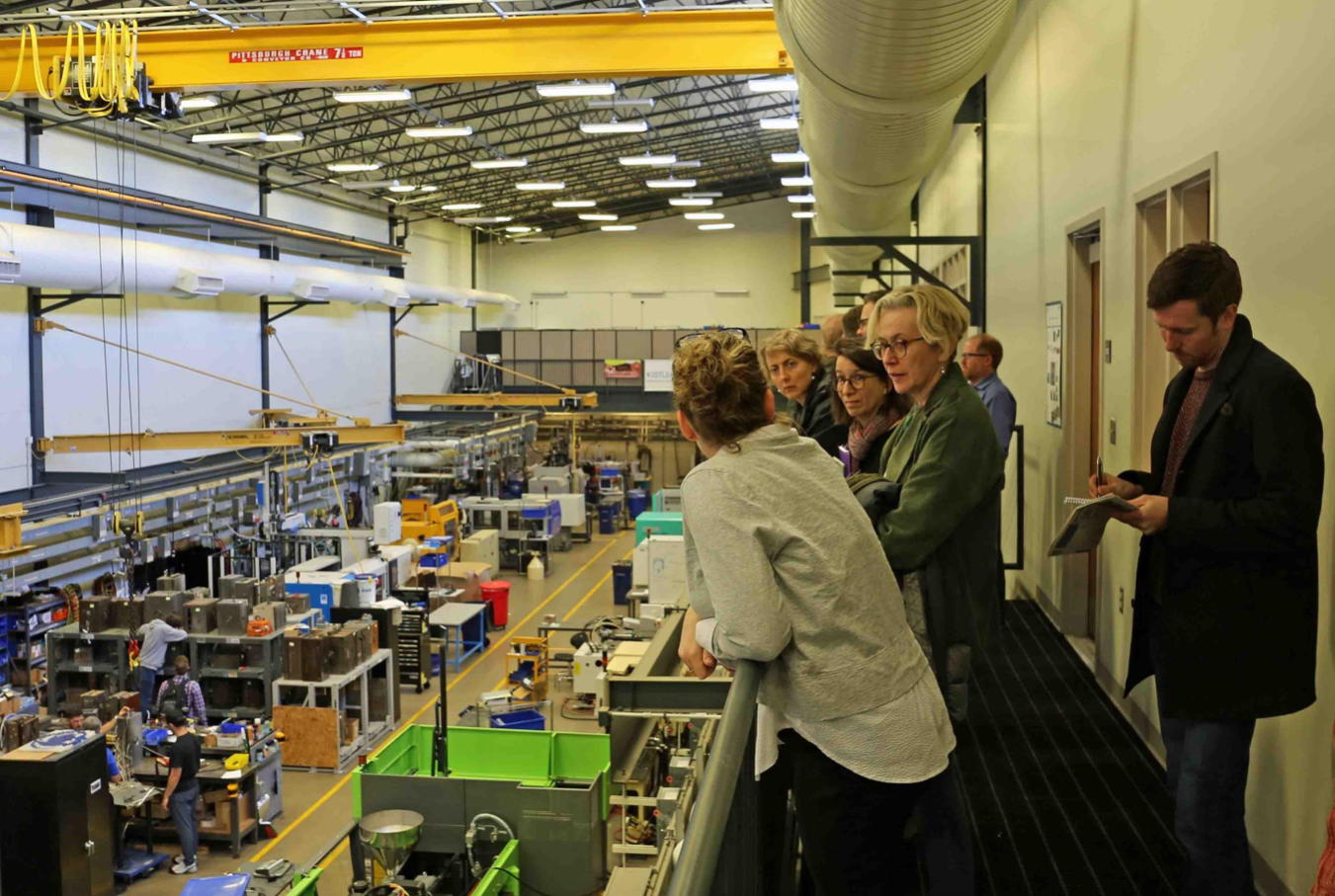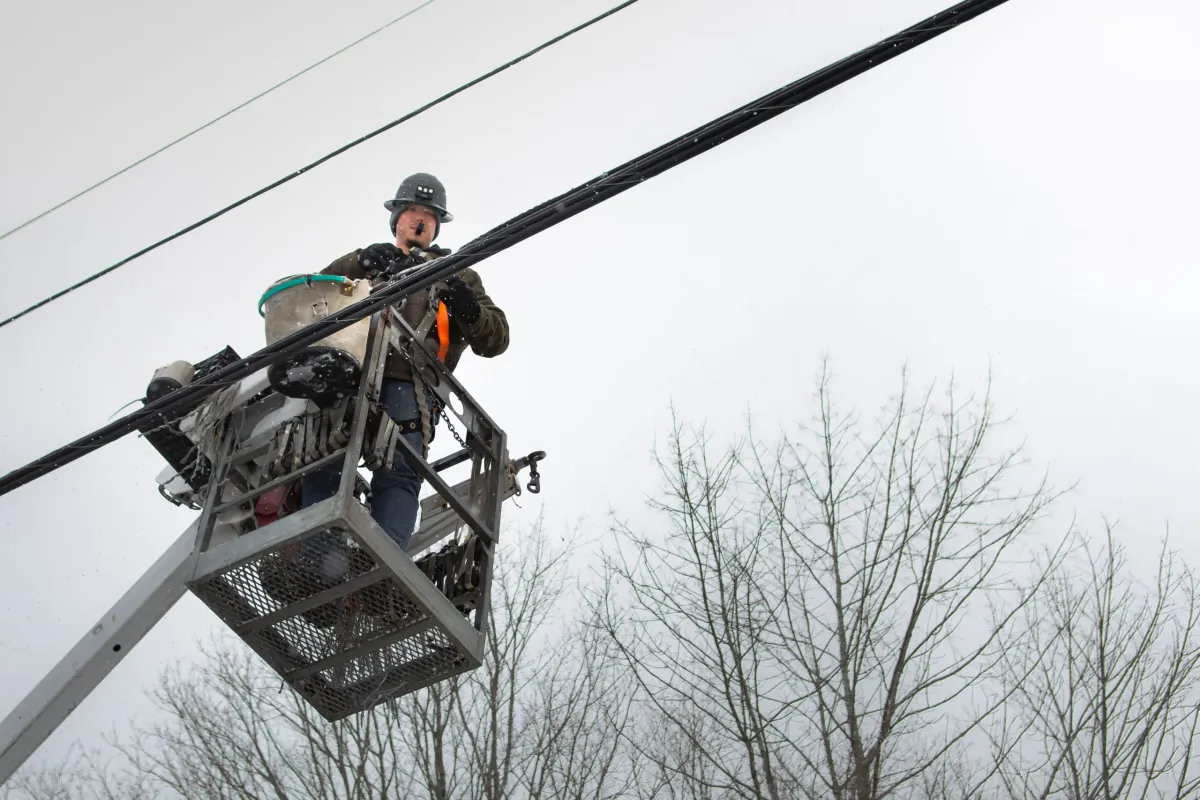Here’s another installment in the chronicle of people who are trying to take up the slack, while the national government flails rather than coping with a pandemic.
Previously in this series: innovations from libraries; changes in a statewide program in California; and responses from a nationwide nonprofit network. (To update the California report: This week the state launched an expanded “Californians for All” campaign to enlist people of all ages in pandemic-era service projects. You can read about the new project here, or watch a brief video narrated by the unmatchable Peter Coyote, here. I will always be a California patriot, even though I don’t live there any more, but I think this video strikes a note people anywhere can respond to.)
Now, NationSwell.
How it started: Greg Behrman, who is now in his early 40s, was born in the U.S. a few years after his parents emigrated from South Africa. He had what we might now describe as a “Mayor Pete”-like sequence of precocious achievements and successes. After Scarsdale High School, he went to Princeton, and after graduating in 1998 he spent two years as an analyst at Goldman Sachs. Then—and I am summarizing!—he went to Oxford for a master’s degree; wrote two well-received books for Simon and Schuster, one about the AIDS epidemic in South Africa and the other about the history of the Marshall Plan; became a fellow at the Carr Center on Human Rights at Harvard; and worked on the Policy Planning Staff at the State Department in the first two years of the Obama Administration. Meanwhile, he had joined the Navy Reserves. In 2011, in his mid-30s, he spent a year in Afghanistan as a military staff assistant at ISAF—the International Security Assistance Force, during the times when generals David Petraeus and John Allen were in command.
This background is relevant both because Behrman seems to have a sense of humor about its nonstop-achievement plot line, and because he says that his years in the government and in uniform, and the year he spent in Afghanistan, shaped his idea of what he wanted to do next in his life. His choices were also affected, he told me, by awareness that his own father, a financier, had died suddenly of a heart attack at age 51, and “you only have so much time to make a contribution.” (I remembered that the first time I interviewed Bill Clinton, who was then in his early 30s as the “boy governor” of Arkansas, he mentioned his awareness that men in his family did not live very long, so he was always conscious of how fast the clock was running. More here.)
“During that year on deployment, I had a powerful experience, being part of a mission-driven team of very impressive people, who were all trying to do the right thing,” Behrman told me. That may sound formulaic, but I have heard similar sentiments from many people of Behrman’s generation about their military service—which despite its tragic and comic and frustrating and pointless elements, was based on the idea that people served. As noted earlier, this was part of Josh Fryday’s explanation of how he came to lead the California Volunteers project. As Behrman put it, “national service had become my core passion, and I thought I would like to be part of a mission-driven team whose mission was making our country better.”
When he came back from deployment, Behrman said, “I was struck by the dissonance, of how we are barraged by the negativity, and all the screaming and naysaying that made people cynical and disengaged and angry.” He said that he thought there was an opportunity to “shift the lens away from the negativity and anger, and toward pragmatic problem-solving, and that we could create a platform to accelerate that process.”
The idea that virtues displayed in mankind’s most destructive activity—combat—could somehow be channeled into its peacetime pursuits is timeless. It runs through the works of Homer and Shakespeare, Hamilton and Lincoln, and that most-central essay in American public life, William James’s 1910 masterpiece, “The Moral Equivalent of War.” I have heard many of Behrman’s contemporaries say that the experience of serving in uniform attracted them to the idea of service more general. In Behrman’s case, it was the origin story of NationSwell, which he started in 2013.
What it does: This new organization is a business rather than a non-profit or charity. NationSwell is chartered as a “B Corporation”—a business structure in which the ultimate goal is not maximizing shareholder value but instead using market and profit incentives toward social, civic, and environmental goals. (The B Corporation outlook is described here.)
In practice this has meant several different lines of work for NationSwell. Early on it began producing and publicizing stories in its “Moving America Forward” series, about people and organizations that were making progress on the local or statewide level. It has a NationSwell studio, which consults on and develops campaigns for companies and organizations. And its NationSwell Council is a membership-fee organization of successful, upper-tier people who are looking for a way to be involved in civic efforts in their region or beyond. What they pay NationSwell for is organizing events, making connections, and structuring projects in which members can feel they are doing something worthwhile.
The vision for the Council’s benefits is a free-form counterpart to the FUSE Corps model I discussed previously. FUSE dispatches mid-career professionals or executives for structured one- or two-year projects in local governments. NationSwell matches its members with individuals, organizations, or communities on a fluid, case-by-case basis.
You can get an idea of the range of their projects from the main NationSwell site. Behrman ran through a long list with me, but this is a typical example: One council member who had been a very successful serial-entrepreneur started work with a job-training organization in a low-income community in California. “The model they developed required that once people from the community get new jobs, they come back to the community and coach the next cohort,” Behrman says. The benefit, he said, was not only the training and job-placement itself, but also increasing “the social capital that people from advantaged parts of the country take for granted, the idea that you’ll have a network of support to draw from.”
Berhman said that there are about 1,000 of the Council members, at nine hubs around the country. “We have been extremely careful in intentionally building the connective tissues and sinews of a tight-knit and high-functioning community,” he said. His members are senior-level business executives, entrepreneurs, philanthropists, venture capital and private equity investors, public or NGO officials, and educators.
“In the early days, we spent a lot of time asking ourselves, ‘Who is the ecosystem for’?” he said. “Is this the place financial investors meet social sector leaders? Is it for the leaders in their late 30s and 40s, who share a generational orientation and sensibility?” He said he came to embrace the idea that it would be a wide and shifting variety of people. “The dynamic young activist. The journalist from [a major newspaper]. The start-up founder. A mayor. The financial or business executive looking to be of service. We realized there was strength in that diversity.” I have been to several NationSwell meetings, and after each I’ve come away with a list of names, contacts, and projects reflecting the range of backgrounds and skills that Behrman described.
Why people serve: In a previous dispatch, I mentioned that my wife Deb’s parents, Frank and Angie Zerad, whose own parents had arrived in Chicago as Czech immigrants, spent their early career running a “normal” small business in the Midwest. Then life changed, and they found new fulfillment through nearly two decades as volunteer business advisers in Asia and Africa, with the International Executive Service Corps.
Again I thought of that parallel when Greg Behrman said that many of his members had day-jobs as financiers or in big corporations but, in his view, were looking to make a mark in other ways.
“There is a lot of force behind the fraying of America now,” he said. “But at the same time, I think there is a profound thirst to be part of the knitting of America. While we need to be clear-eyed about the forces in the other direction, I have observed the power and meaning that people derive from human connections, from community, from being of service.” While many people had the latent impulse to connect, he said, many had lost the habit, or didn’t know in practical terms what to do next. That organizational structure is what he hoped his members could help provide.
What is happening now: Like most businesses and nearly all civic organization, NationSwell is simultaneously trying to figure out how to keep itself going, and how to adapt its operations to the crisis of the times.
Behrman gave examples of pandemic-driven adjustments. Most of them reflected its logic that, in times of stress, connections are all the more valuable: Connections between those who need help, and those willing to provide it. Or connections between those grappling with a problem in one part of the country, and those who have already made progress against the same problem else. Behrman’s examples, in an email, included:
- “We’re helping to give [members] exposure to best practices and approaches, so they can be as impactful as possible. For example, one leading philanthropy decided to make all of its grants unrestricted during this time after hearing about that practice from another leader; one leading company decided to put in place a policy of matching individual employee charitable contributions … after hearing about that action from another leader.”
- “We’re helping to broker new and sometimes unlikely partnerships, breaking down silos and barriers. For example, we connected one company with the C-19 Coalition, so they could donate 35,000 face masks to the health facility that most needed them; we exposed a prominent philanthropy to The National Governor’s Association Center for Best Practices … leading to a $150K contribution; we connected one investment firm with City Harvest, and employees have donated $50K and growing; we connected two companies who would be unlikely bedfellows … one that is converting some of its manufacturing capacity to produce hand-sanitizer, but lacked plastic bottles, with another company who currently has a surplus of plastic bottles due to lower demand on that product …”
- “We see the leaders who are participating … [and who] learn, explore, co-envision and pressure test together. I think this knitting together and the access and exposure, visibility, orientation and confidence that comes from operating as part of a larger community is also meaningful.”
Are these efforts or other NationSwell projects “the” answer to America’s problems? Of course not. Have all of these projects panned out as hoped? Since I can’t get out to see anything these days, I haven’t been able to go see for myself.
But here we have another illustration of organizations trying to be part of an answer for America, and of the resilient capacity of citizens in the absence of national leadership.




